Aetius: The Last of the Great Roman Generals
The decline of the Roman Empire was marked by an era of turbulence and transformation, characterized by internal strife, external threats, and the sweeping changes that would reshape the ancient world. Amidst the chaos, one military genius emerged as a formidable force standing between Rome and its numerous adversaries. Flavius Aetius, often referred to as the "Last of the Romans," is remembered as one of antiquity's most skilled and resilient generals. His life and career encapsulate the challenges and complexities of a civilization teetering on the brink of collapse.
Early Life and Rise to Power
Born around 391 AD in Durostorum, present-day Silistra, Bulgaria, Aetius was thrust into a world of shifting allegiances and power struggles. His father, Flavius Gaudentius, was an influential military officer of Scythian origin, while his mother hailed from a noble Italian family. This unique heritage provided Aetius with advantageous connections and a comprehensive understanding of Roman and barbarian cultures alike.
Aetius spent a significant part of his youth living as a diplomatic hostage among the Goths and then with the Huns. This exposure to barbarian customs and military tactics would prove invaluable in his later military career. The relationships he forged during these formative years granted him a rare ability to navigate the complex web of alliances and enmities that defined the era.
Rising through the ranks, Aetius's early military career was marked by both skill and political acumen. By the early 420s, he had earned the title of magister equitum, or Master of Soldiers, for the Western Roman Empire. His strategic insight and leadership abilities gained him the favor of Emperor Valentinian III, though his ascent was not without challenges. Aetius's path to power was fraught with conflict and competition, most notably with his rival, Bonifacius, another prominent Roman general.
The Battle of the Catalaunian Plains
The defining moment of Aetius's career—and one of the most pivotal battles of Late Antiquity—came in 451 AD at the Catalaunian Plains, near modern-day Châlons-en-Champagne in France. This confrontation saw Aetius leading a coalition of Roman forces and their barbarian allies against the fearsome Huns, under the command of the formidable Attila.
Aetius's knowledge of Hunnic tactics, gleaned from his years of captivity, proved instrumental in his planning. By coordinating an alliance with the Visigoths and other Germanic tribes, Aetius managed to assemble a formidable army. The ensuing battle was brutal and chaotic, with both sides suffering substantial casualties. Although the victory was not decisive in the traditional sense—since Attila's forces were not completely annihilated—it was a significant setback for the Huns, halting their advance into Western Europe and preserving Roman territories for a while longer.
The battle remains one of the last significant achievements of the Western Roman military, and Aetius was lauded for his capacity to unify disparate factions against a common enemy, cementing his reputation as a masterful tactician and diplomat.
Political Intrigue and Downfall
Despite his military success, Aetius's life was characterized by the enigmatic and treacherous political landscape of the Roman court. His relationship with Emperor Valentinian III, while mutually beneficial, was also strained by jealousy and mistrust. Aetius wielded immense influence over Western Roman affairs, a power which, ironically, led to his undoing.
In 454 AD, amidst growing suspicion and rivalry, Valentinian III feared that Aetius might seize imperial power for himself. Driven by paranoia or perhaps convinced by court intrigue, the emperor, during a heated meeting, unexpectedly struck down Aetius with his own hand, delivering a fatal blow to one of Rome's last stalwart defenders.
This assassination marked a turning point in Roman history. Without Aetius's guiding hand, the Western Roman Empire struggled to fend off incursions and maintain cohesion. His death left a vacuum of military leadership which made it increasingly difficult for Rome to resist the growing threats from external forces.
Legacy of Aetius
The legacy of Flavius Aetius is a testament to his capabilities as a military leader and a statesman of rare talent. Historians often regard him as one of the last skilled generalissimos of the Western Roman Empire, whose actions, though they could not prevent the eventual fall of Rome, delayed the inevitable decline and left a lasting impression on the European historical narrative.
Despite the turbulent and often violent world in which he lived, Aetius demonstrated an unparalleled ability to wield power with a deft hand. His capacity to forge alliances and outmaneuver military foes fortified Roman territories temporarily, if not permanently, and exemplified the strategic acumen that defined his storied career.
Flavius Aetius's journey from a hostage of the Huns to one of Rome's most celebrated defenders highlights the intricate dance of diplomacy, warfare, and politics that characterized the final chapters of the Roman Empire. As modern historians continue to explore the extensive evidence of his exploits, Aetius's story remains a compelling testament to the complex tapestry of loyalty, valor, and ambition that defined an era of profound transformation.
Aetius and the Fabric of Roman Society
A deeper look into the life and career of Flavius Aetius reveals the turbulent socio-political landscape of the late Roman Empire—a time when the very foundations of Roman society were being tested by both internal decay and external pressures. Aetius, through his strategic and diplomatic maneuvering, exemplified the tenuous balance between maintaining traditional Roman authority and adapting to a rapidly changing world.
During Aetius's lifetime, the Roman Empire was grappling with a variety of considerable challenges. Political corruption, economic instability, and military setbacks had weakened the once formidable power of Rome. The empire's territory, divided administratively into Eastern and Western halves, was further strained by the challenges of governance, with the Western Roman Empire suffering more acutely from these ailments. It was in this fraught environment that Aetius rose to prominence, his abilities and experiences standing out as indispensable assets to an empire teetering on the brink.
Diplomacy and Alliances
One of Aetius's most remarkable attributes was his keen diplomatic sense and his ability to form strategic alliances. At a time when barbarian kingdoms were not only frontier threats but significant political entities, Aetius understood the necessity of collaboration. His alliances extended beyond the battlefield and into the domain of diplomacy, where his ability to negotiate and maintain relationships became crucial to Roman interests.
His alliance with the Visigoths, illustrated during the Battle of the Catalaunian Plains, stands as a testament to his diplomatic prowess. By convincing the Visigoths to fight alongside Roman forces against Attila's Huns, Aetius demonstrated a rare and essential ability to bridge the gap between Rome and its traditional adversaries. This coalition was not merely a tactical necessity; it pointed to an evolving understanding of power in the late ancient world, predicated on cooperation as much as it was on conquest.
Aetius's time among the Huns in his youth had equipped him with an intimate knowledge of their culture and strategies, which in turn informed his diplomatic actions. This insider insight allowed Aetius to navigate the complex diplomatic landscape and maintain a system of checks and balances that was crucial for the Western Roman Empire's survival.
Military Genius and Strategy
As a military strategist, Aetius's legacy is one of adaptability and tactical ingenuity. His ability to control and direct forces across various theaters of war, dealing with both internal revolts and external invasions, highlighted his strategic brilliance. In the face of formidable foes, such as the Visigoths, Burgundians, and Franks, Aetius combined his intuitive understanding of enemy tactics with the disciplined structure of the Roman military system.
His campaigns against the Burgundians in 436 AD and the subsequent resettlement of the surviving population into Roman territory reflected a calculated approach to both warfare and integration. By dispersing the Burgundians, Aetius mitigated their threat while simultaneously stabilizing the region through Roman oversight. This method of using military force tempered with political insight underscored his capacity to see beyond immediate victories to the longer-term stability of the empire.
The Roman general's utilizations of federate troops—barbarian soldiers enlisted into Roman service—also demonstrated his strategic flexibility. By integrating these warriors into Roman ranks, Aetius not only bolstered his military might but also gradually transformed the Roman army into a more adaptable force, capable of facing diverse threats.
The Impact of Aetius's Death
The abrupt assassination of Aetius in 454 AD sent shockwaves through the Roman Empire. Much of the empire's stability depended on his capable administration and military leadership. His elimination by Emperor Valentinian III was a catastrophic misjudgment that soon reaped dire consequences for Rome. Following his death, the empire's internal divisions and vulnerabilities were laid bare, setting the stage for its accelerated decline.
With Aetius gone, the fragile balance he had maintained collapsed, and shortly thereafter, Rome found itself unable to resist mounting pressures. The Vandals' sack of Rome in 455 AD was indicative of the unchecked threats that now ravaged the weakening empire, which no longer had a strategic master with the clout and capability to negotiate and enforce peace.
The vacuum left by Aetius was not just one of military command but also of an entire strategic vision. His approach had been one of synthesis—bringing together old Roman military traditions with evolving geopolitical realities, effectively buying the empire crucial time, a feat his successors struggled to emulate.
Aetius in Historical Memory
The memory of Aetius endures as a symbol of strategic brilliance during one of Roman history's most challenging episodes. His life and work have been subjects of admiration for centuries, praised for the remarkable synthesis of leadership, strategy, and diplomacy he demonstrated during his service to Rome. To many historians, Aetius epitomizes the embattled Roman spirit, valiantly standing in defense of civilization against the tide of change that would sweep away the old order.
While ultimately unable to prevent the demise of the Western Roman Empire, Aetius's efforts significantly delayed its fall. He provided a critical breathing space in which Roman territories could experience ephemeral stability—a calm within the storm of barbarian invasions. In doing so, Aetius reinforced the idea, however briefly, that Rome could still control its destiny, even in the twilight hours of its grandeur.
As history continues to assess and reassess his legacy, Flavius Aetius remains a captivating figure—a testament to the enduring complexity and intrigue of Roman military and political life. His story calls upon succeeding generations to scrutinize not just the outcomes of historical events but the character and motives of those who shaped them. In that sense, Aetius's narrative offers timeless insights into the nature of leadership and the undying human spirit to marshal and adapt amidst daunting odds.
Aetius and the Transformation of the Roman Military
The leadership of Flavius Aetius coincided with a transformational period in Roman military history, as traditional legions adapted to meet evolving threats. The Roman army, an enduring symbol of discipline and tactical brilliance for centuries, was undergoing significant changes as Aetius rose to prominence. His tenure illustrates a critical transition from the classic Roman legions to a more hybrid force comprising integrated barbarian units.
Aetius understood the importance of adapting the military's tactics and structure to the new realities of the time. Drawing on his experience with the Huns and other barbarian groups, he recognized that the military's survival and efficiency depended on flexibility and innovation. This led to the incorporation of federate troops, whereby barbarian forces were settled on Roman land in exchange for military service. This not only augmented Rome's dwindling manpower but also provided a means of managing and monitoring these potentially hostile groups by committing them to the defense of the empire.
The Influence of Aetius on Later Military Tactics
What made Aetius's approach particularly enduring was his blending of Roman organizational discipline with the speed and adaptability of barbarian warfare. This integration fostered a new style of combat that would influence military thought beyond his era. It also acted as a model for future military leaders who had to operate in multifaceted and unstable environments.
Aetius's emphasis on mobility and the use of cavalry was especially forward-thinking. He anticipated the future dominance of cavalry in medieval European warfare, laying the groundwork for what would become integral tactics in the coming centuries. By employing fast-moving and versatile forces, he addressed the dual necessity of rapid deployment against surprise invasions and efficient coverage of the vast empire’s sprawling borders.
Moreover, Aetius's preference for coalition warfare was mirrored in later military alliances during both medieval and modern periods. His ability to command a diverse group of allied forces serves as a precursor to future coalition warfare efforts, underscoring the necessity of diplomacy and partnership in achieving lasting military success.
The Historiographical Debate
The historical assessment of Aetius's career has been marked by debate among scholars. His achievements and legacy are seen through varying lenses, each providing insight into his multifaceted persona and era. While some historians celebrate him as the quintessential late Roman general who delayed the fall of the West, others assert that his efforts amounted to mere temporary fixes in an unsalvageable situation.
Contemporary chroniclers like Jordanes and Priscus offer differing accounts, with Jordanes in particular emphasizing Aetius's heroic stature in the Roman resistance against the Huns. These narratives have been scrutinized in modern historiography as scholars attempt to discern bias and context within ancient sources. Some suggest that these ancient accounts might have amplified his accomplishments due to the lack of comparable figures in the Western Empire following his death, leading to an elevated posthumous reputation.
Yet even within these debates, there remains a consensus that Aetius exemplified the dynamic and resourceful approach required of leaders in times of systemic crisis. His life is often portrayed as a symbol of a world transitioning—caught between the classical order of Rome and the emerging rule of barbarian kingdoms.
Aetius in Popular Culture
The enduring story of Aetius has permeated popular culture and historical fiction, reflecting his larger-than-life legacy. Novels and films have depicted Aetius as a stalwart defender wielding both sword and strategy to save Rome from external threats. Such portrayals, while dramatized, often highlight key facets of his career: his uABnusually close interactions with barbarian factions and his deft management of internal politics.
These representations underscore the romanticized image of a heroic figure, endeavoring to stave off the inevitable decline of a great civilization. By exploring the tension and drama of his life, popular culture has kept Aetius's narrative relevant, ensuring his place in the pantheon of historical figures who continue to intrigue modern audiences.
Conclusion: Reflections on Aetius’s Legacy
The complex legacy of Flavius Aetius is one woven into the fabric of Roman and European history, embodying the transitional phase from ancient to medieval worlds. Despite the tragic and untimely end of his life, Aetius's career was marked by a series of pivotal moments that defined the operating principles of the Late Roman Empire.
His ability to strategize and adapt within an era of profound challenges symbolizes the resilience and resourcefulness required to navigate the collapse of one of history's greatest empires. Aetius's mastery lay not just in his tactical prowess but also in his skillful diplomacy and understanding of the interconnectedness of military, political, and societal elements.
As history continues to cast its judgment and as new interpretations emerge within academia, the story of Flavius Aetius remains a poignant examination of leadership amidst adversity. His contributions to military strategy and his approach to coalition-building serve as enduring lessons in adaptability and innovation, encouraging continuous exploration and appreciation of his place in history.
Through Aetius, contemporary audiences can glean insights into the enduring strengths and inevitable vulnerabilities of great civilizations—a reminder of the constant interplay between continuity and change in the long arc of human history.
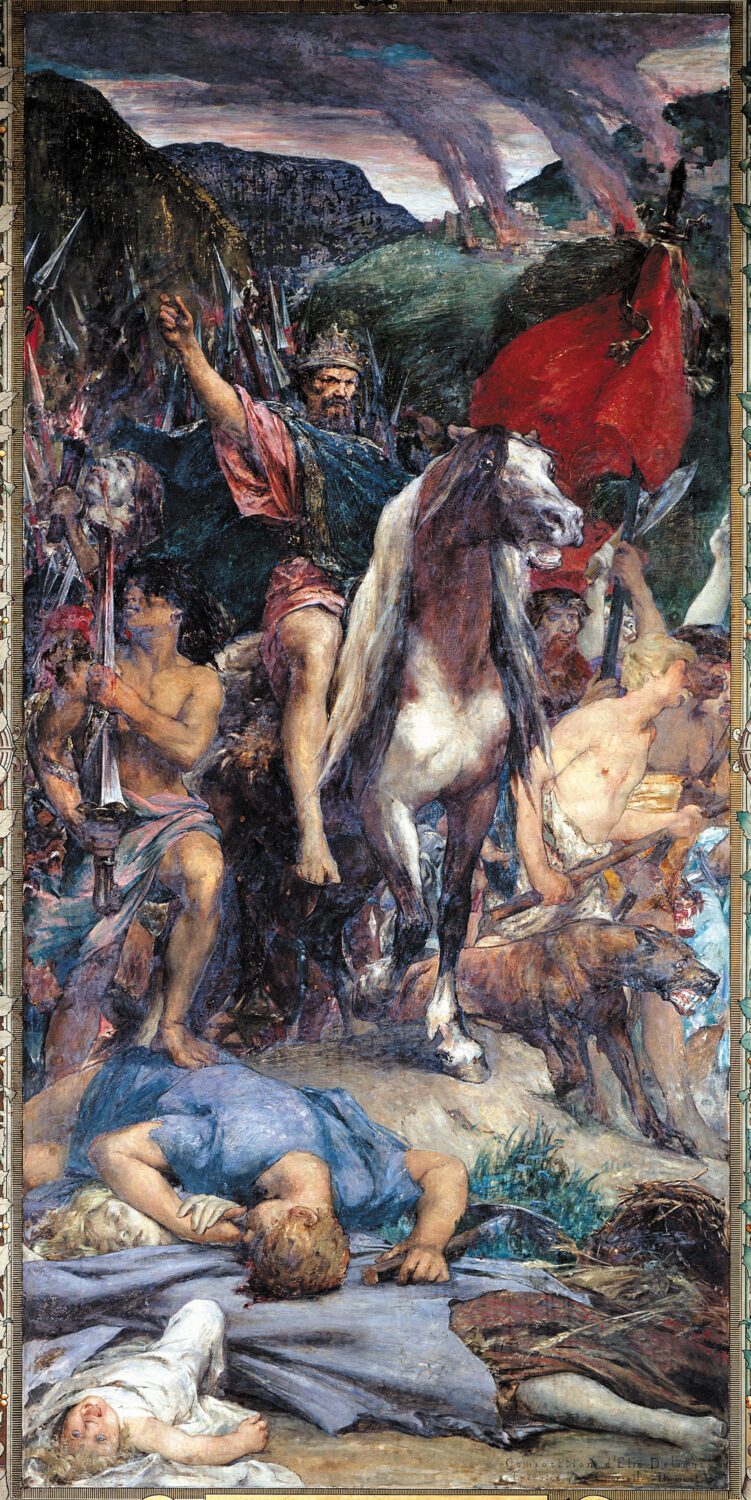
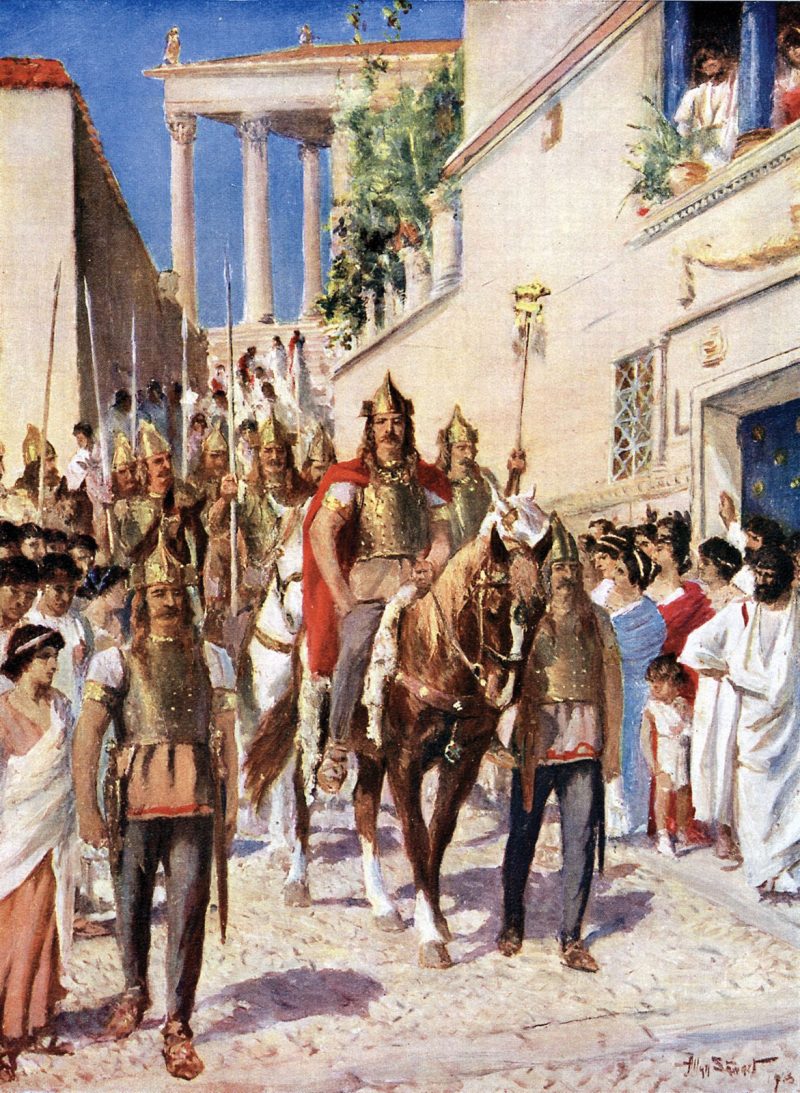
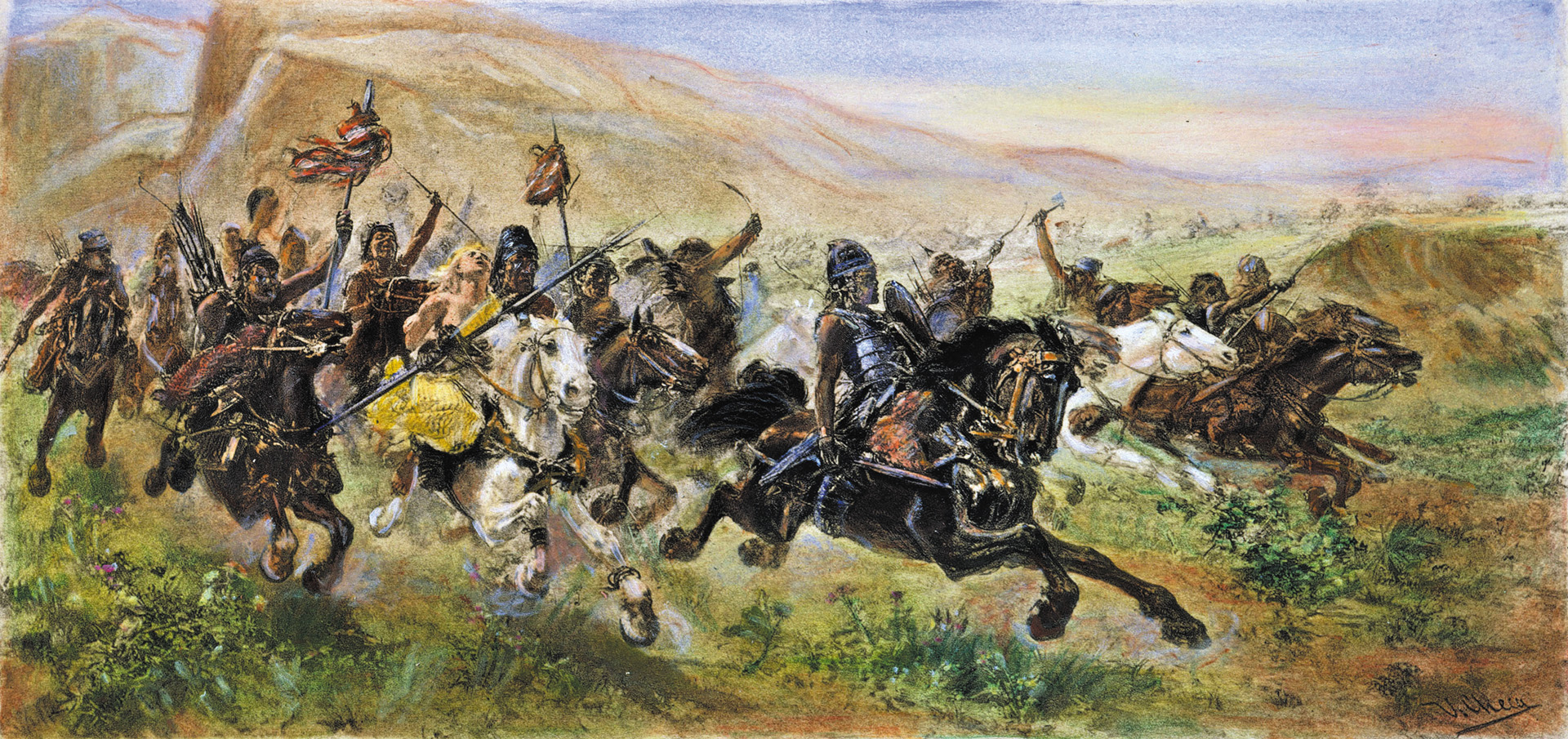

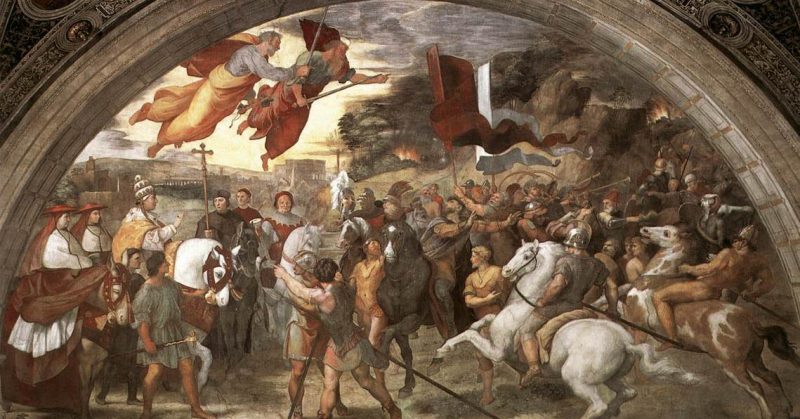



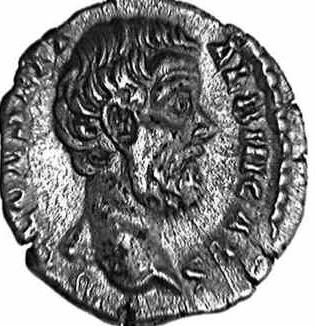
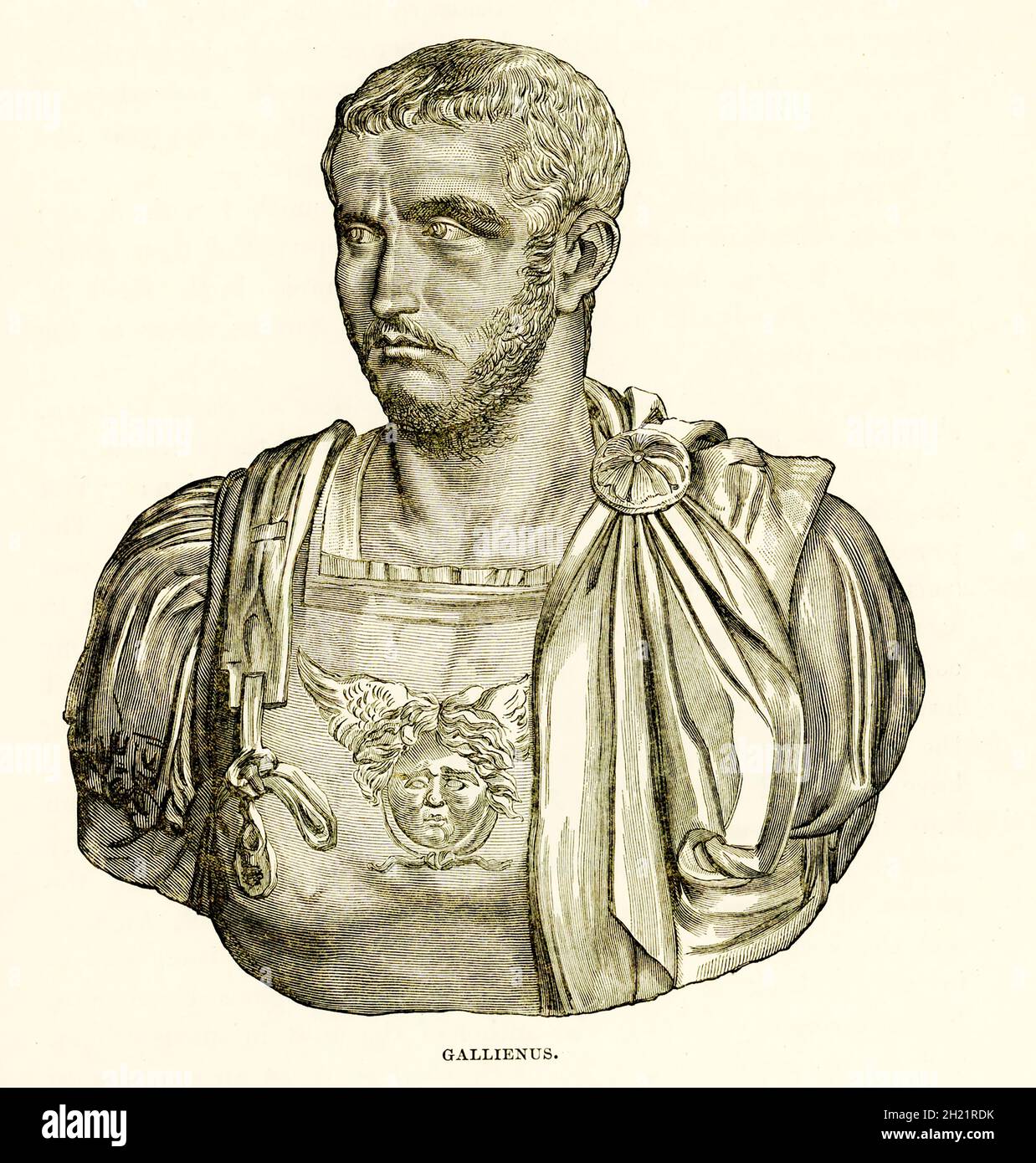






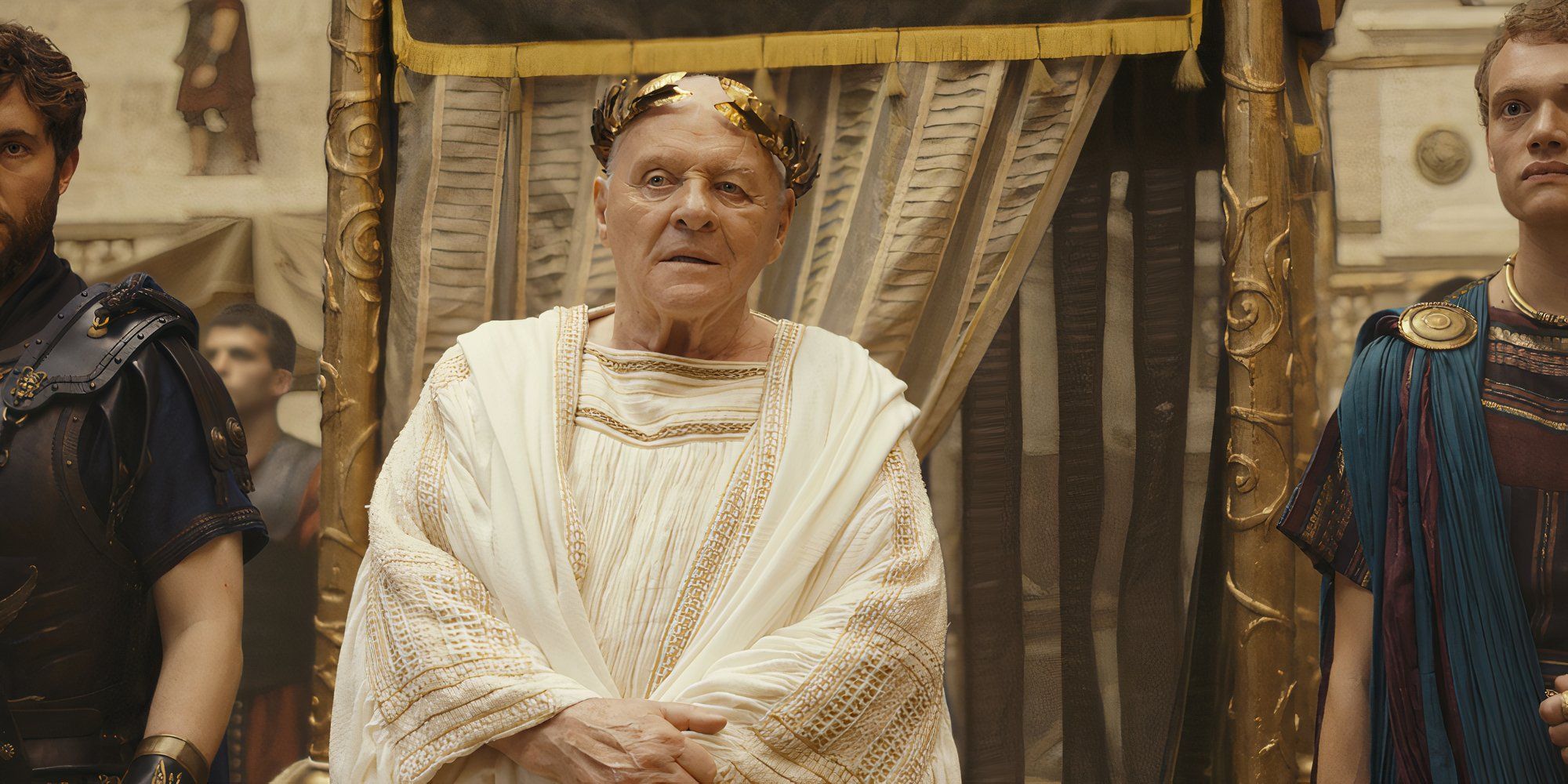

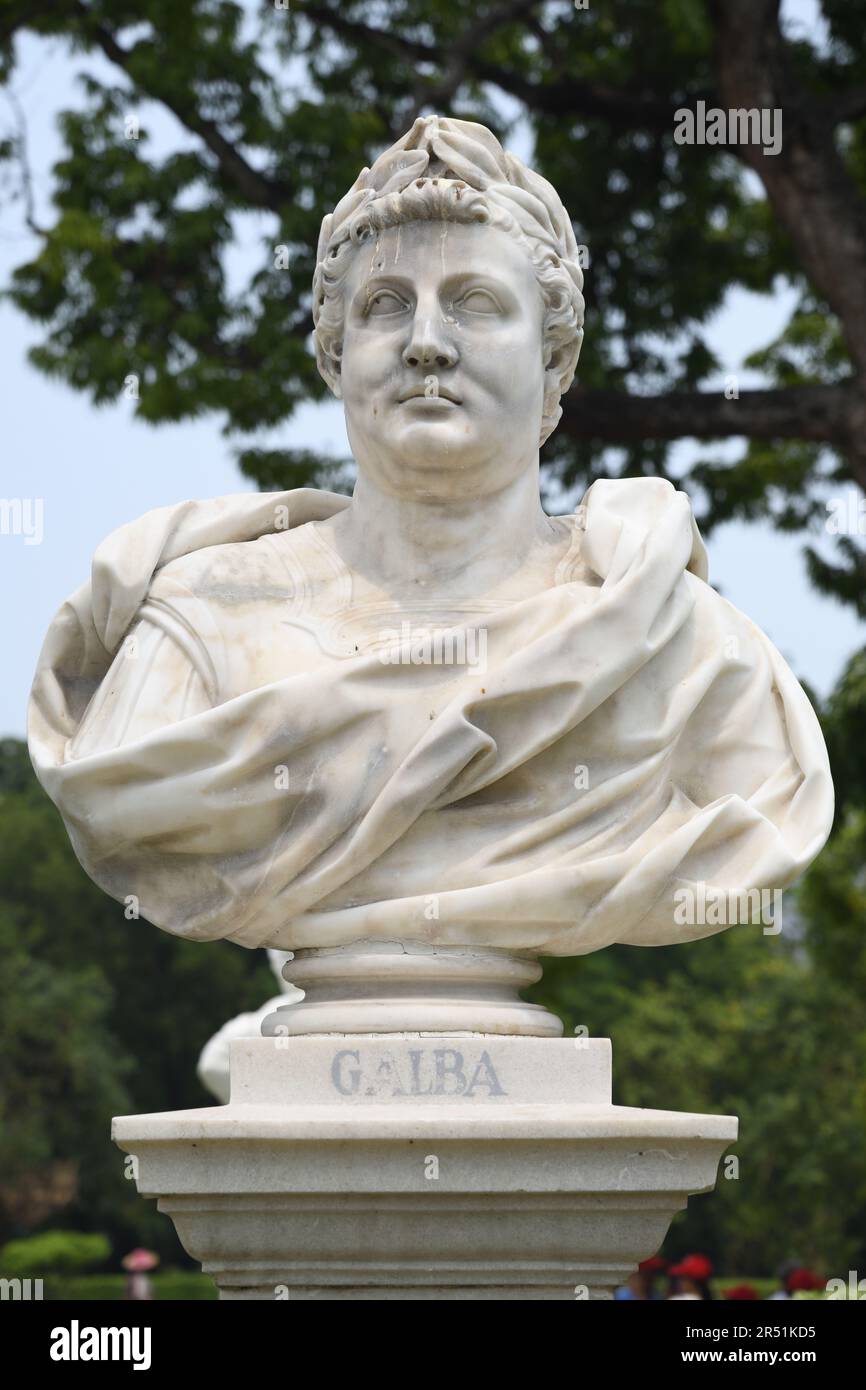


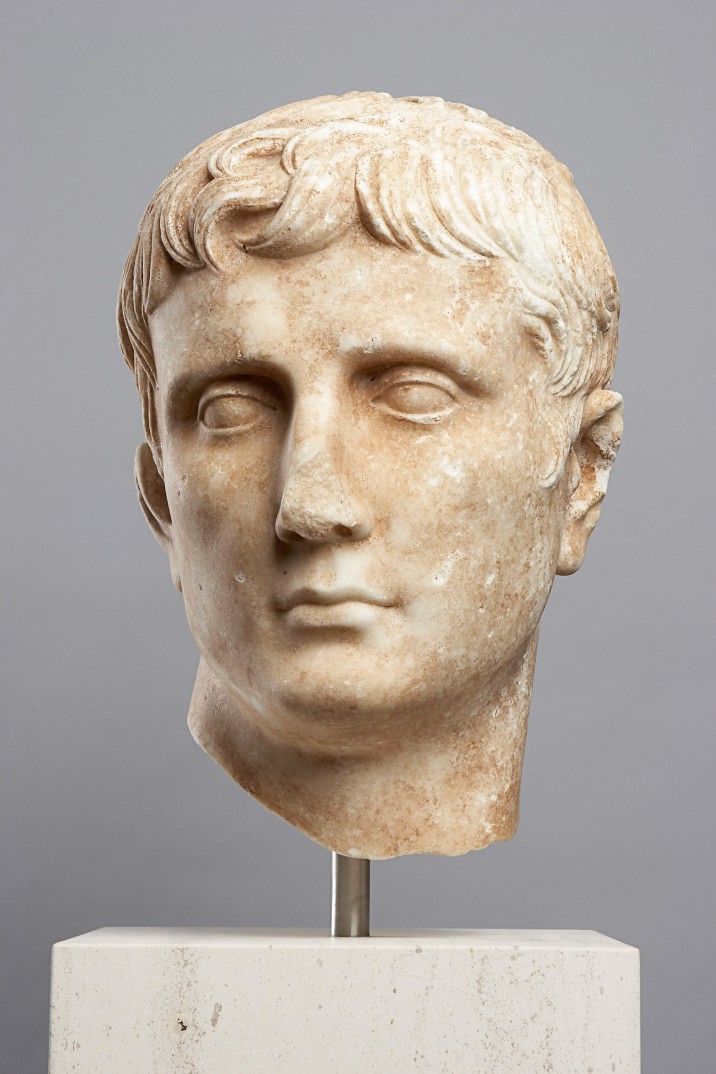





Comments